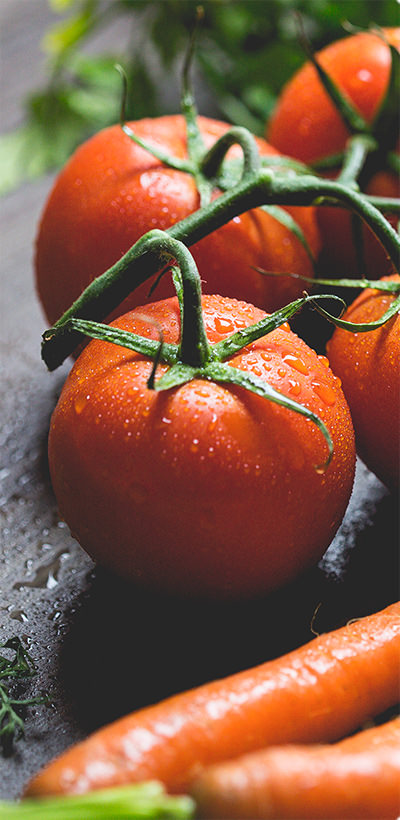Ball Dahlia Collection
Dahlia. Fully double flowers that are beautifully globe or ball-shaped. Not only do they add an interesting dimension in the garden but they also boast vibrant colours. Due to their thick stems they are able to stand up better in windy conditions. Height 28-48". No. 1 root.
This collection contains 6 roots, 1 each of Sylvia, Rocco, Boom Boom White, Sunny Boy Red, Ilse and Golden Sceptre Ball Dahlias.
Spring Planting: this product will be shipped late April through May according to hardiness zone.
Scroll down for more details and growing information.

Details
Growing Information
Upon Arrival:
It is very important to plant as soon as possible after you receive them. If it is necessary to store them for a short time before planting them, open the plastic bags. If the roots appear dry, soak them for a few hours in warm water. Store in slightly moist peat moss in a cold, but not freezing location until you can plant. They can also be placed in pots of soil if planting will be delayed for more than 2 weeks. Use any peat-based potting soil and pots with drainage holes.
Soak bare-root perennials in water for a few hours before planting.
Planting:
Dahlias grow and flower best in a well-drained, sunny site. They like warm weather and will not tolerate frost. Plant dahlia tubers outdoors after your last frost date, when the soil has warmed. Most dahlias will begin flowering by midsummer. To plant dig a 6-12” deep hole and amend the soil with compost. If the soil drains poorly, mix in some fine gravel. Backfill the hole with native soil and plant the tubers 2- 4” deep, and about 1-3’ apart, depending on the variety. Growth begins in 14 to 20 days. Tall varieties, such as dinnerplate dahlias, may need support or staking to keep the heavy blooms from falling over. To create a bushier plant, pinch off the top growth of the dahlia shoots above the third set of leaves while plants are still young. Shorter varieties are naturally bushier and won't need pinching.
Growing:
Fertilize dahlias monthly with a water-soluble, organic fertilizer that is formulated for flowers. Avoid using a high-nitrogen fertilizer, or you'll get lots of green growth with little flowering. Mulch with straw or shredded bark to keep weeds to a minimum and retain moisture. Water regularly, especially during dry periods. Cut blossoms for indoor flower arrangements and remove old blossoms to encourage more branching and flower production. Despite a relatively short vase life, dahlias make gorgeous bouquets.
Overwintering:
In fall, after the first frost has blackened the foliage, cut off all but 2 to 4 inches of top growth, and carefully dig tubers without damaging them. Allow to dry for a few days in a frost-free location, out of direct sunlight. Once dried, remove any excess soil, leaving 1 to 2 inches of stem. Store each clump of tubers in a ventilated box or basket. Fill the box with slightly moistened sand, peat moss or vermiculite and place it in a cool, dry location. Check tubers periodically through winter for rotting and drying out. If the tubers appear shriveled, mist them lightly with water. If any start to rot, trim the rotted portion of the clump so it won't spread. The tubers are fragile, so be careful when handling them. When warm weather arrives, you can plant the overwintered tubers and begin the cycle again.



